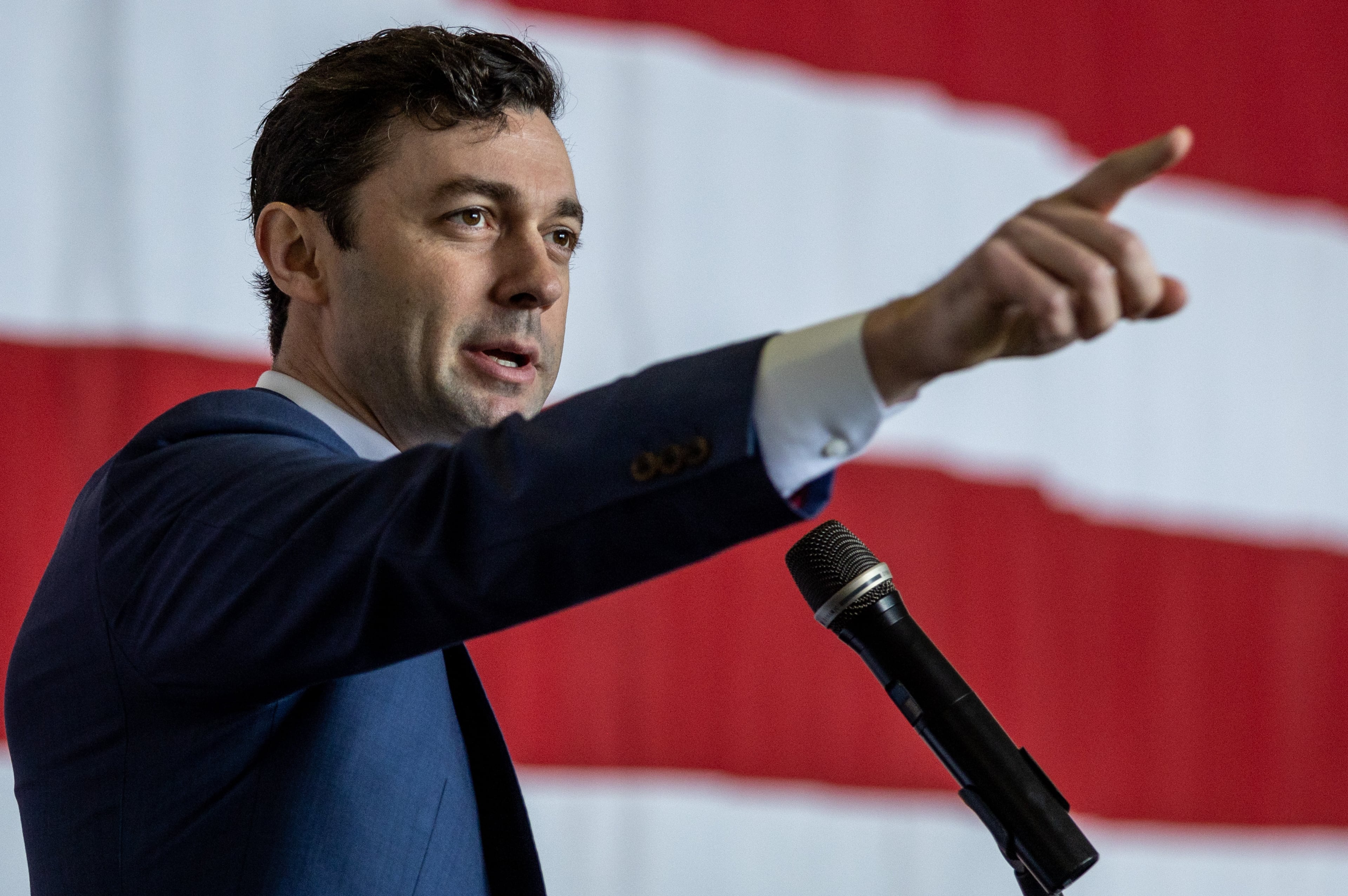Demonstrators protest Georgia’s university admission, tuition rules

Student activists and faith leaders on Wednesday protested Georgia Board of Regents policies that bar immigrants without legal status from attending five of the state’s top universities and paying in-state tuition at its others, briefly encircling the board and reciting prayers.
One Georgia State University student was arrested on obstruction and trespassing charges and was taken to the Fulton County Jail.
The protesters held their peaceful demonstration a day after Republican Donald Trump won the White House in a stunning upset after campaigning on increasing deportations and building a new wall on the southwest border. Several of Wednesday's protesters said they were frightened by Trump's proposals but would not let his victory deter them from demonstrating.
Angel Almora, 19, a Mexican native who is living in the Atlanta area without legal status, attended the protest against the board’s policies 4.1.6 and 4.3.4, praying hand in hand with more than two dozen demonstrators, including representatives from the Buddhist, Christian and Islamic faiths and students from Emory and Georgia State universities.
“I am participating in this action to reach the hearts of the Board of Regents members through a peaceful interfaith prayer,” he said in a written statement. “When Policies 4.1.6 and 4.3.4 are rescinded, undocumented students like me will be able to access public education and contribute more fully to our communities without the dehumanizing clouds of racism, hatred, and modern segregation over our heads.”
Policy 4.1.6 bars students lacking legal status from attending any of its schools that did not admit all academically qualified applicants for the two most recent academic years. That prohibition now applies to the University of Georgia and Georgia Tech and Augusta, Georgia State and Georgia College & State universities.
The regents adopted their policy in 2010 after Jessica Colotl, who was brought without authorization to the U.S. from Mexico when she was a child, was arrested on the Kennesaw State University campus for a traffic violation. KSU had erroneously charged her an in-state tuition rate, though state rules required her to pay the substantially more expensive out-of-state rate.
Before approving its policy, the regents received a report showing that only 501 “undocumented” people — all paying out-of-state tuition — were among the system’s 310,000 students, or less than 1 percent. And of those, just 27 were attending five schools that had turned away qualified students with legal status. Nevertheless, the board approved its policy, saying it addresses public concerns about illegal immigration.
Opponents of the policy contend it is counterproductive for Georgia to turn away students after spending considerable taxpayer money on their primary and secondary public education. They also underscore how many of these students are long-time state residents who pay taxes and could contribute more to Georgia’s economy if they were allowed to attend its top universities.
Board of Regents Chairman Kessel Stelling Jr. declined to comment about the policies, citing how they are the subject of three lawsuits pending in state and federal courts. Local immigrant rights activists, attorneys and the Mexican American Legal Defense and Educational Fund are suing to repeal the policies. The Board of Regents issued a statement through a spokesman after Wednesday's protest, saying: "We respect our students' right to protest in an appropriate manner."



